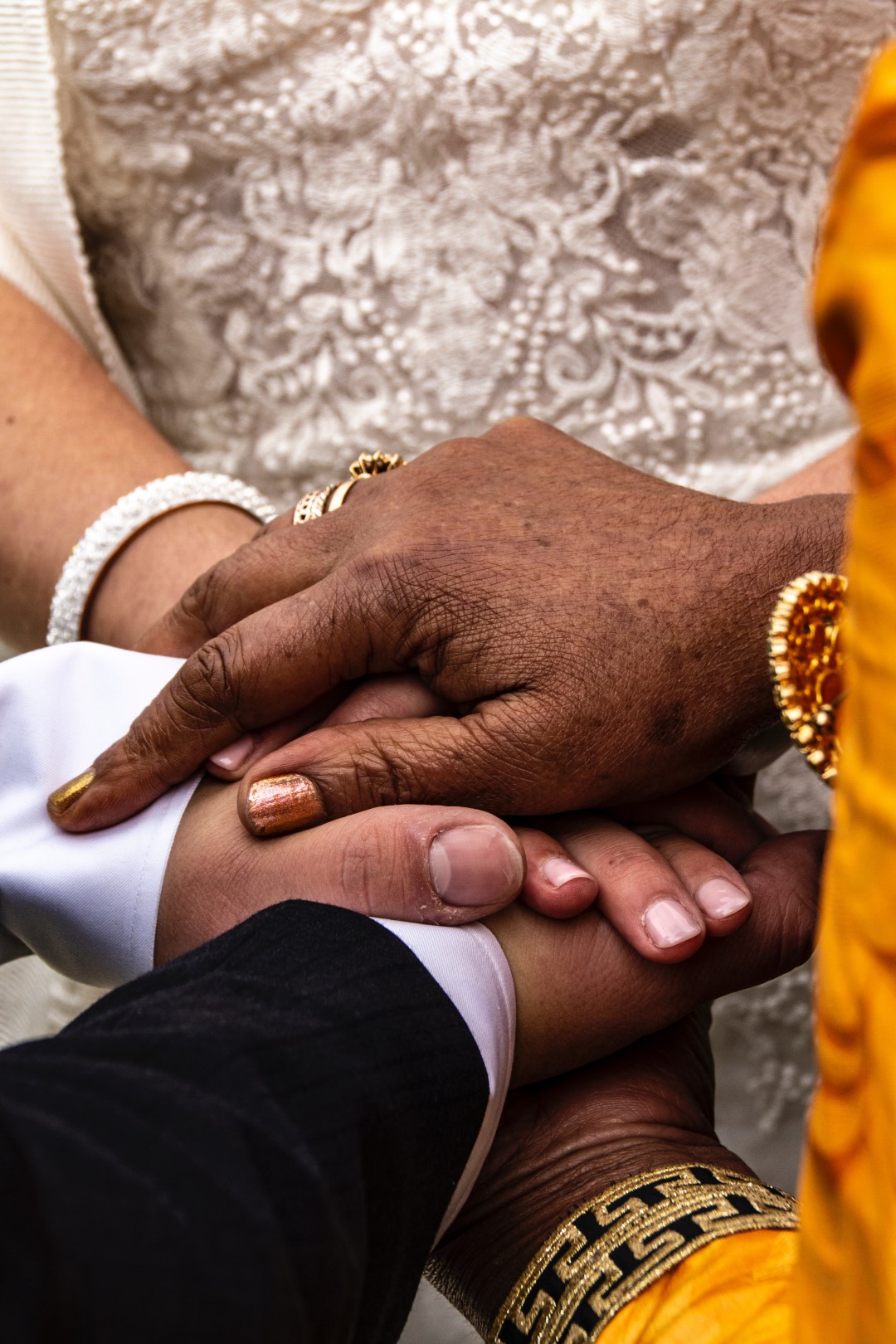“Deathbed marriages” between couples where a suitor (often a much younger one) marries someone with a short life expectancy due to age or terminal illness are usually looked upon with suspicion.
However, not every deathbed marriage is an insidious case of an opportunistic con artist trying to get his or her clutches into an elderly or vulnerable person’s estate. Deathbed marriages can also be a way to secure a partner’s legal and financial rights, particularly among same-sex couples who couldn’t legally marry for years.
However, even deathbed marriages that are entered into for honorable purposes can bring legal complications, particularly where there’s no will. For example, if the dying partner has children from a prior marriage, they may resent the sudden intrusion of a new spouse claiming a right to whatever the spouse’s share of the estate may be under state inheritance laws. They may then seek to get the marriage nullified on grounds that the dying partner was not mentally or physically competent to enter the marriage.
In some states, like Florida, it’s fairly easy to challenge such marriages, since you only need to prove fraud, duress or undue influence by a preponderance of the evidence, which is a low standard of proof. Even where there is a will, aggrieved relatives could potentially challenge that too on grounds of incapacity or undue influence.
That’s why it’s a good idea for a couple where either partner is elderly or terminally ill to consult with a good family law attorney who can help create an estate plan that will survive such challenges.
Of course, if you suspect a loved one is being lured into a deathbed marriage for fraudulent reasons, you should talk to a lawyer about your rights.
